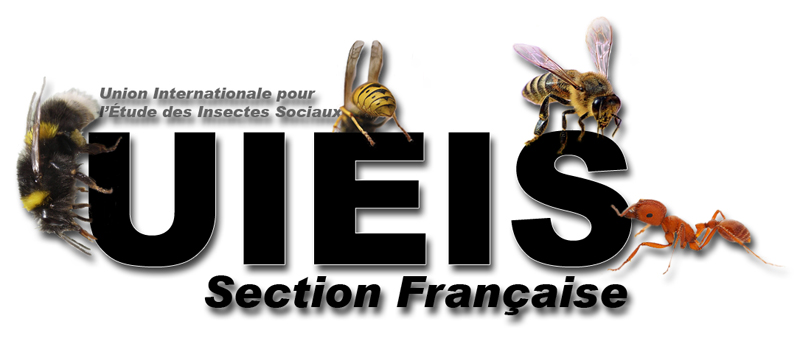
Introduction
Since the Industrial Revolution increased international trade and human movements have resulted in the accidental movement of many species worldwide at an unprecedented level. This ongoing movement of species has brought about the breakdown of biogeographic boundaries that have historically limited the distributions of organisms and some of these species become invasive. Invasive species are among the greatest threats to global biodiversity and play a key role in the majority of known animal extinctions. In addition to major ecological damage worldwide, biological invasions impose a tremendous cost on society due to damages to infrastructure, agriculture, forestry and human health. Even though it has been recognized for a long time that humans introduce invasive species, invasion biologists have mostly focussed on the role of factors directly affecting the biology of the organism rather than humanmediated dispersal. Only now have researchers started to recognize that it is the movement of goods and people which causes most of the global dispersal of invasive species and that human-mediated movement must be an important determinant of the global distribution of invasive species today, perhaps even more so than climatic factors and biotic resistance.
The aim of this PhD project is to gain a better understanding of how precisely on-going globalization shapes the worldwide introduction of invasive species to predict future invasions. The project will address which types of human-mediated transport are responsible for most species introductions and study human fingerprints on current spatial distributions of invasive species.
Your profile
We are looking for a creative and passionate student who is a good team player with excellent communication skills and likes to discuss and exchange ideas. You should have a master degree in ecology, biostatistics or a related field, knowledge of statistics and programming, willingness for interdisciplinary collaboration and interest in socioeconomics and human history.
What the position offers you
We offer a nice working place in a multicultural, diversified and dynamic academic environment, collaboration with a young and dynamic scientific team, opportunities for professional training, a lot of activities and other benefits to discover.
Supervision
Cleo Bertelsmeier
cleo.bertelsmeier@unil.ch
Location
Department of Ecology and Evolution (DEE), University of Lausanne, Switzerland. Our department has a long track record of excellence in research. It comprises 14 professors and 5 young independent group leaders. The DEE hosts an average of 40 postdocs and 50 PhD students. Members of the department regularly publish in top ranking journals. Interaction among the different research groups is a priority, with two weekly seminars and many weekly journal clubs. The DEE expertise is well recognized and this has led previous students, PhD students or postdocs of the DEE to be employed in academic or non-academic positions within Switzerland and outside Switzerland.
Expected starting date
1 February 2019
How to apply
Please send your application letter with a statement of your research interests and qualifications for the position, CV, grades, recommendation letters and contact details of at least two referees, by 10 October at latest by email to cleo.bertelsmeier@unil.ch
References
Bertelsmeier et al. (2018) Recurrent bridgehead effects accelerate global alien ant spread. PNAS.
Bertelsmeier et al. (2017) Recent human history governs global ant invasion dynamics. Nature Ecology & Evolution.
